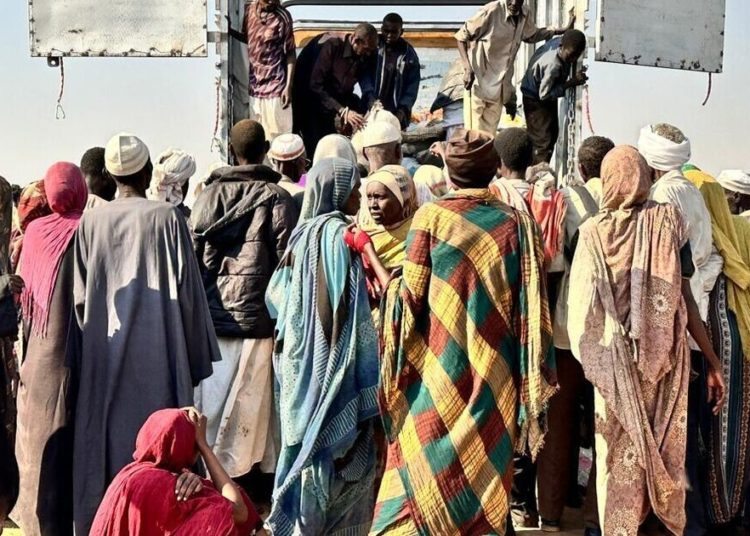The scientific world has known for some time now that bats are impossible. They can live up to 25 years (some, way, way longer) and they rarely develop cancer. That is especially impressive considering how cancer is something that is almost guaranteed to happen to anything that makes it to the farthest reaches of old age.
Why, though, is something we’ve never fully understood. But, according to new research from scientists at the University of Rochester, we might finally be gaining a clearer understanding of a bat’s long life and cancer resistance.
The research, published in Nature Communications, explores the anticancer properties of four bat species: little brown bats, big brown bats, Jamaican fruit bats, and cave nectar bats.
The team, led by biologists Vera Gorbunova and Andrei Seluanov, found that bats are operating with beefed-up versions of a gene we humans also have, called p53. This tumor-suppressor gene regulates apoptosis, aka cell death.
The bat version of it is one tough bastard, able to swat away cancer like it was a bothersome fly. Little brown bats even have two copies of it, making them natural-born cancer killers.
We’re Just Starting To Learn Why Bats Have High Cancer Resistance
Bat p53 cells exist in the Goldilocks zone where they can kill off the right cells at the right time without overproducing p53, which eliminates a lot of cells and causes its own problems.
The team also looked at telomerase, an enzyme that keeps chromosomes fresh. Bats crank out telomerase while still avoiding cell senescence, the cellular shutdown that promotes inflammation and aging, and without producing a ton of tumors. Their secret is, again, high p53 activity.
A bat’s immune system plays a big role, too. They’re so robust, so able to withstand the threat of an invader, that they can host viruses that would leave us knocking on death’s door. None of this is to say that bats are immune to cancer.
They can still get it. Their bodies are just built to withstand the growth of a tumor better than ours. When they do develop cancers, their bodies snap into cancer-fighting mode so quickly and efficiently that it makes our body’s natural response look pathetic.
This is just the first in a long line of research that will need to be done into the natural cancer-fighting properties of bats. Maybe one day, years down the line, we’ll be able to apply this knowledge to a therapy that can make us a little bit more like them, minus sleeping upside down.
The post Bats Don’t Get Cancer—and That Could Be a Big Deal for Humans appeared first on VICE.




